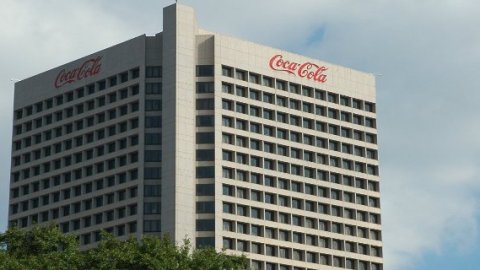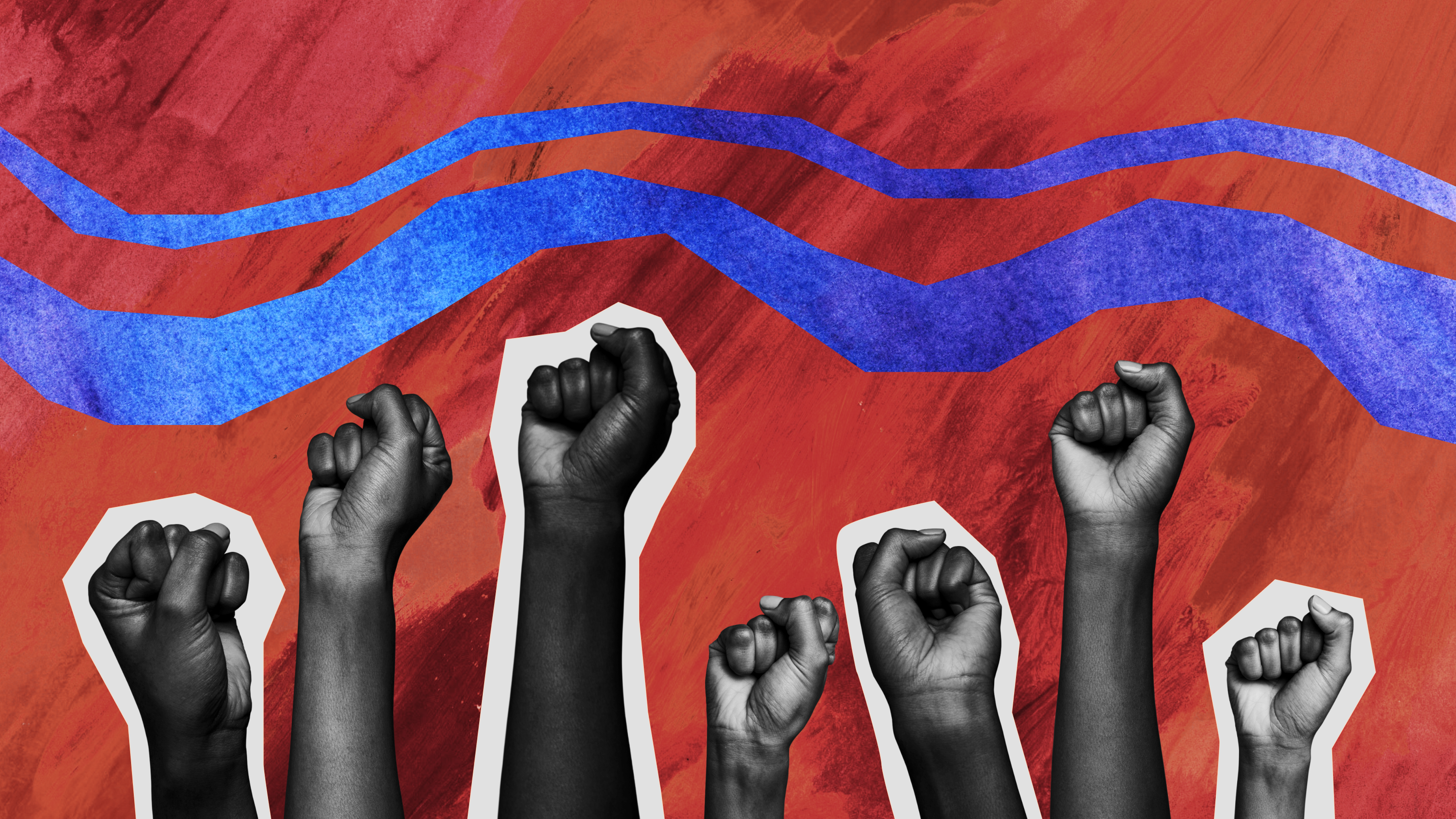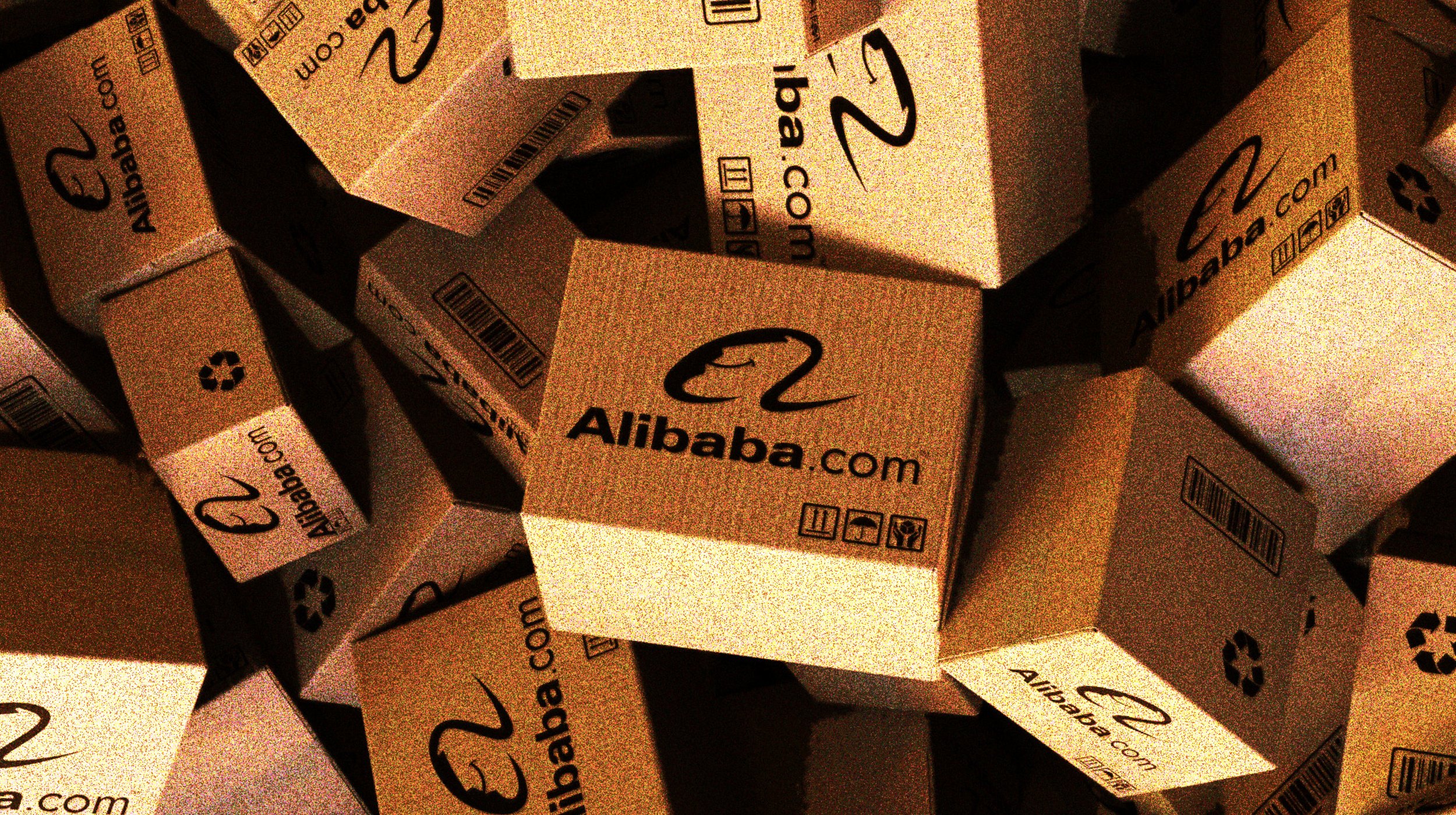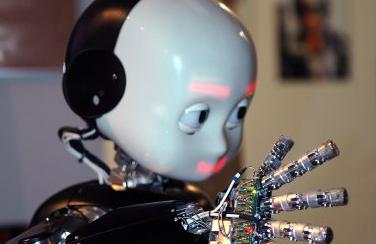Why Doesn’t Coke CEO Move Company To China?

If the Chinese are so good to business, why doesn’t Muhtar Kent just move the Coca Cola Company’s Atlanta headquarters to Beijing? Or just go whole hog, relocate to a poor African nation with a weak bureaucracy and install the government policies of their choice?
“It’s like a well-managed company, China. You have a one-stop shop in terms of the Chinese foreign investment agency and local governments are fighting for investment with each other.
“They’re learning very fast, these countries. In the west, we’re forgetting what really worked 20 years ago. In China and other markets around the world, you see the kind of attention to detail about how business works and how business creates employment.”
I’m not sure what Kent means when he says “what really worked 20 years ago”, since the biggest thing going between big business and the U.S. government at the time was the North America Free Trade Agreement (NAFTA).Or maybe he is talking about the battle royal between the states here in the U.S. 20 years ago to see who could give away the most tax incentives and provide the cheapest labor to new industries, a battle royal that has all but ended as the states began to realize the need for better methodology to craft corporate tax incentive policies.
The inhabitants of the executive suites in a lot of our U.S. corporations often display split personalities. One minute they are the CEO as warrior king, ready to brave whatever challenge may come, the next minute they are the CEO as Chicken Little, ready to proclaim that the sky is falling because our government has the gall to ask them to pay the cost of doing business in America.
I would imagine, if Mr. Kent were to call the Chinese to broach the idea of relocating the Coca Cola Company to Beijing, the Chinese would be delighted. The Coca Cola Company’s effective tax rate for such a move would probably be less than zero after factoring in the tax incentives the Chinese would be sure to lavish on him for making such a symbolic move. Getting the bulk of Coke’s employees housed at their North Avenue headquarters to pack up their families for the Land of the Rising Sun, however, sounds like a losing proposition.
Maybe Mr. Kent needs to look at the reality of corporate taxes today in America:
Corporate Taxes as a Percentage of Federal Revenue
1955 . . . 27.3%
2010 . . . 8.9%
Corporate Taxes as a Percentage of GDP
1955 . . . 4.3%
2010 . . . 1.3%
Individual Income/Payrolls as a Percentage of Federal Revenue
1955 . . . 58.0%
2010 . . . 81.5%
Corporate Tax Rates, Then And Now
Every CEO in the country needs to remove the word “uncertainty” from their vocabulary. It is a non-specific word that might mean anything, in the way that the word “discomfort” could describe the kind of pain you feel when you have a cramp in your leg or the kind of pain you feel when you have a broken neck. In CEO speak, “uncertainty” is a word that is usually delivered in an ominous tone when they are being interviewed, because we all know that CEO’s are being paid millions of dollars a year to assemble successful business strategies as simply and easily as kids snap together Legos.
What I do know with certainty is that the Coca Cola Co PAC has made its own contribution to congressional gridlock. According to Open Secrets, some of the Coca Cola PAC’s larger contributions during the 2010 election cycle were to the three in Congress most responsible for our current inability to get anything done. Mitch McConnell received $5,000, John Boehner received $7500, and Eric Cantor received $8,000. Only John Lewis, who represents the congressional district in which the Coca Cola Company is located, received more.





